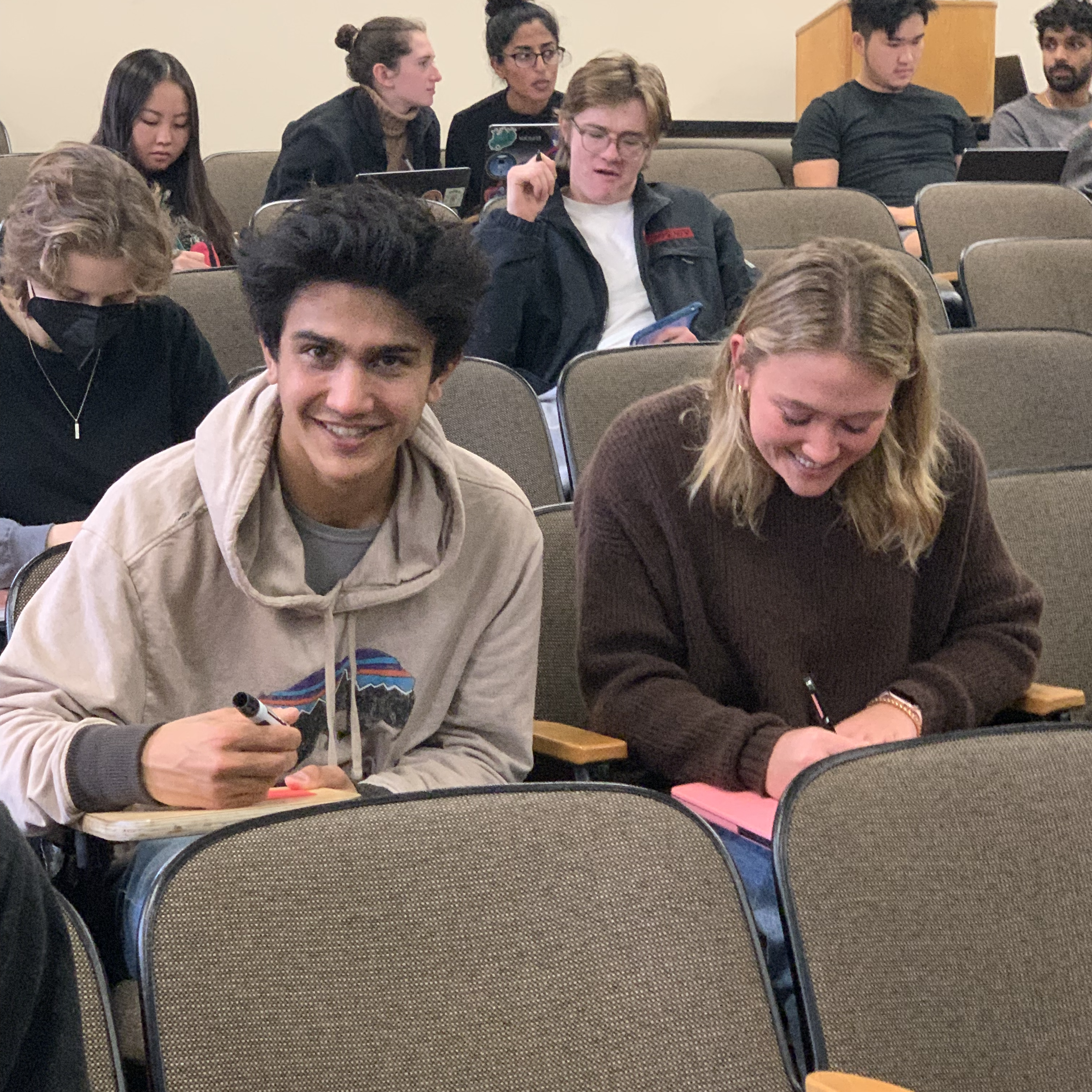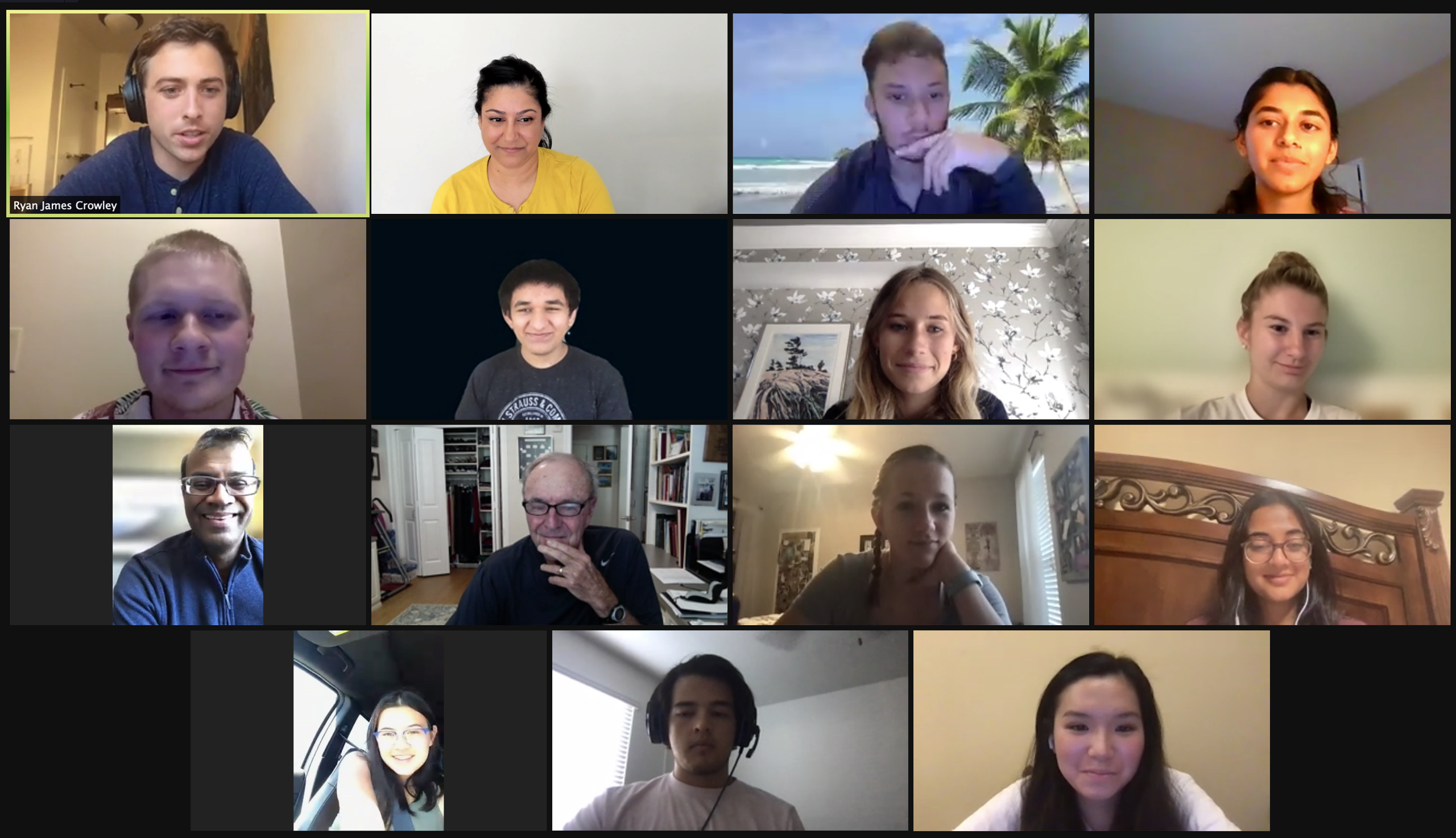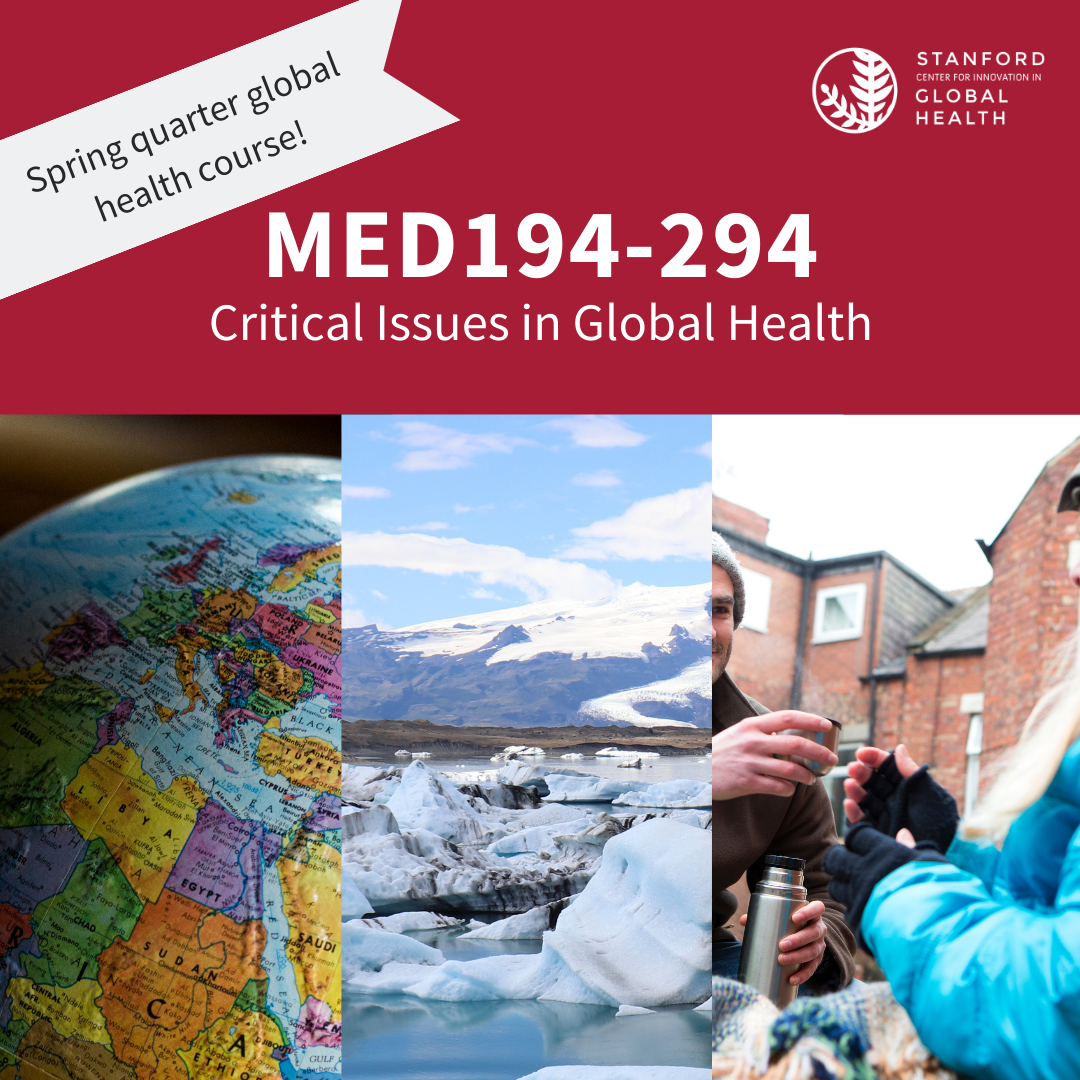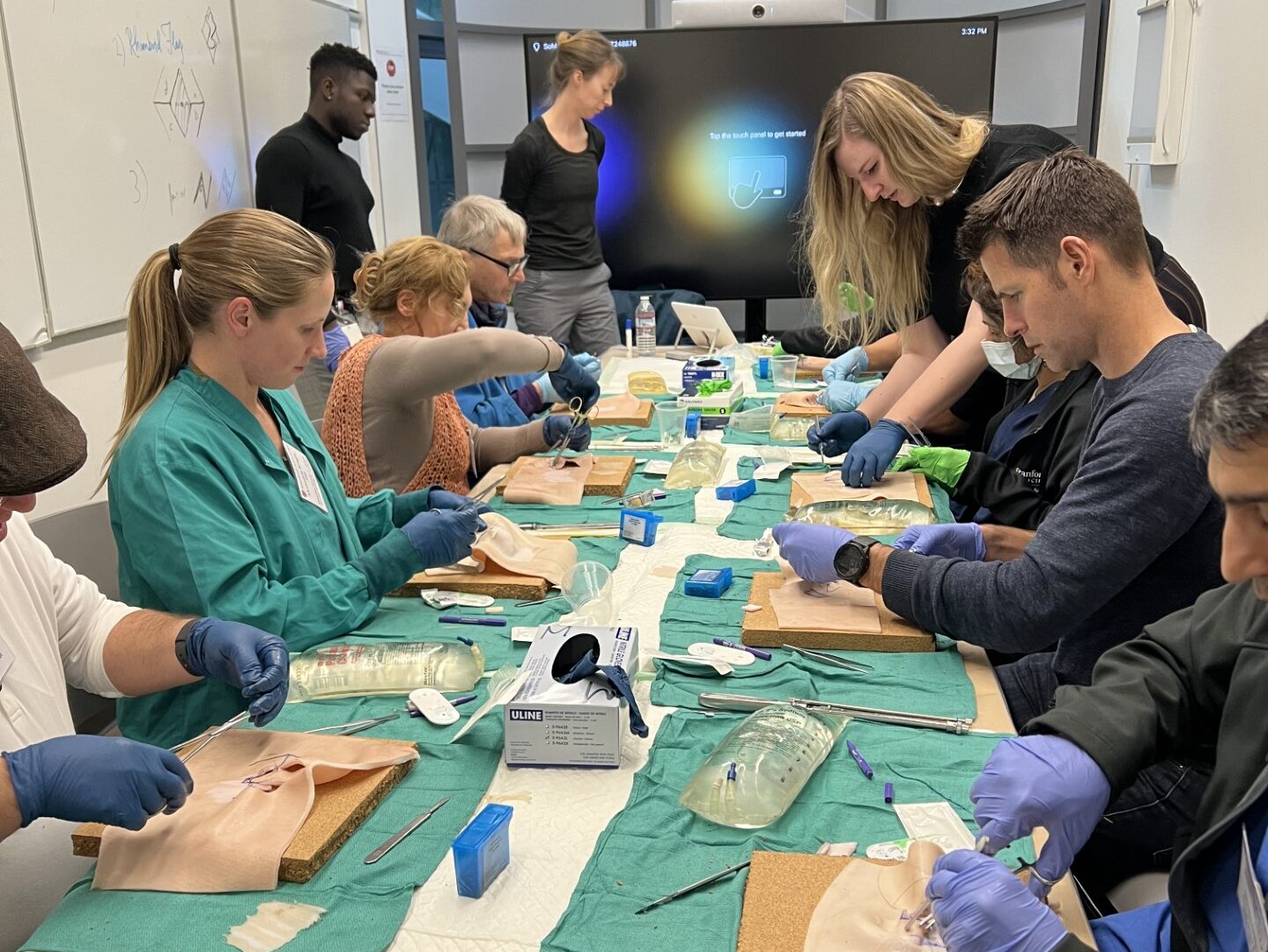Sign up for our newsletter to stay up to date on everything global health
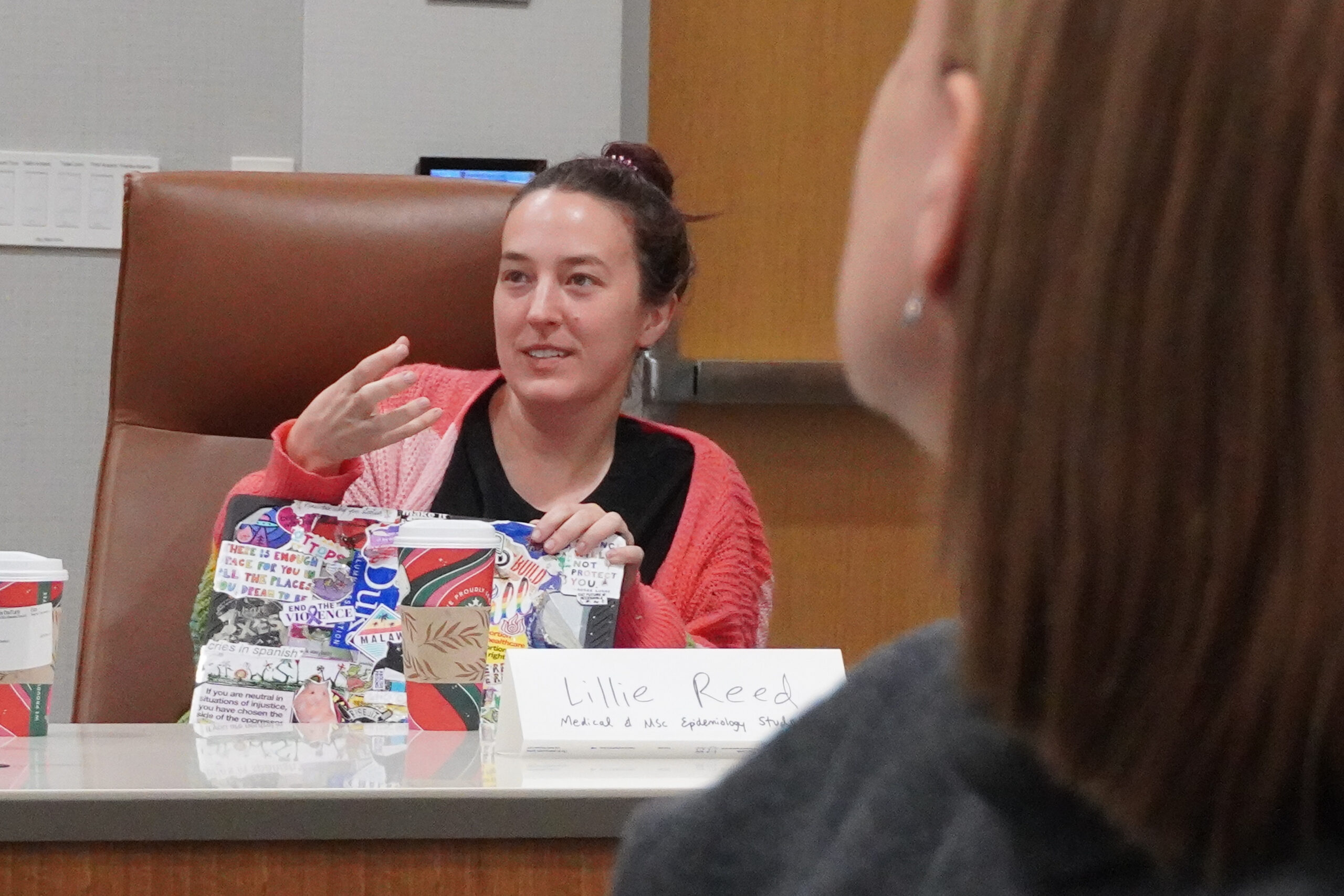
Education
our approach
We train and inspire a new generation of global health leaders by creating meaningful global health learning opportunities for Stanford students, trainees, continuing learners, and our global community partners.
Learning at Stanford
We design and offer classroom-based courses in global health for Stanford undergraduates and graduate students, and our Global Health Faculty Fellows offer many other global health courses. We support Stanford students with their global health education through the Human Biology Minor sub-track in Global Health for undergraduates, and the global health track in Epidemiology for graduate students. We lead the Global Health Track for Residents and the Underserved Populations and Global Health Pathway of Distinction for the Department of Medicine, training the next generation of physicians in global health.
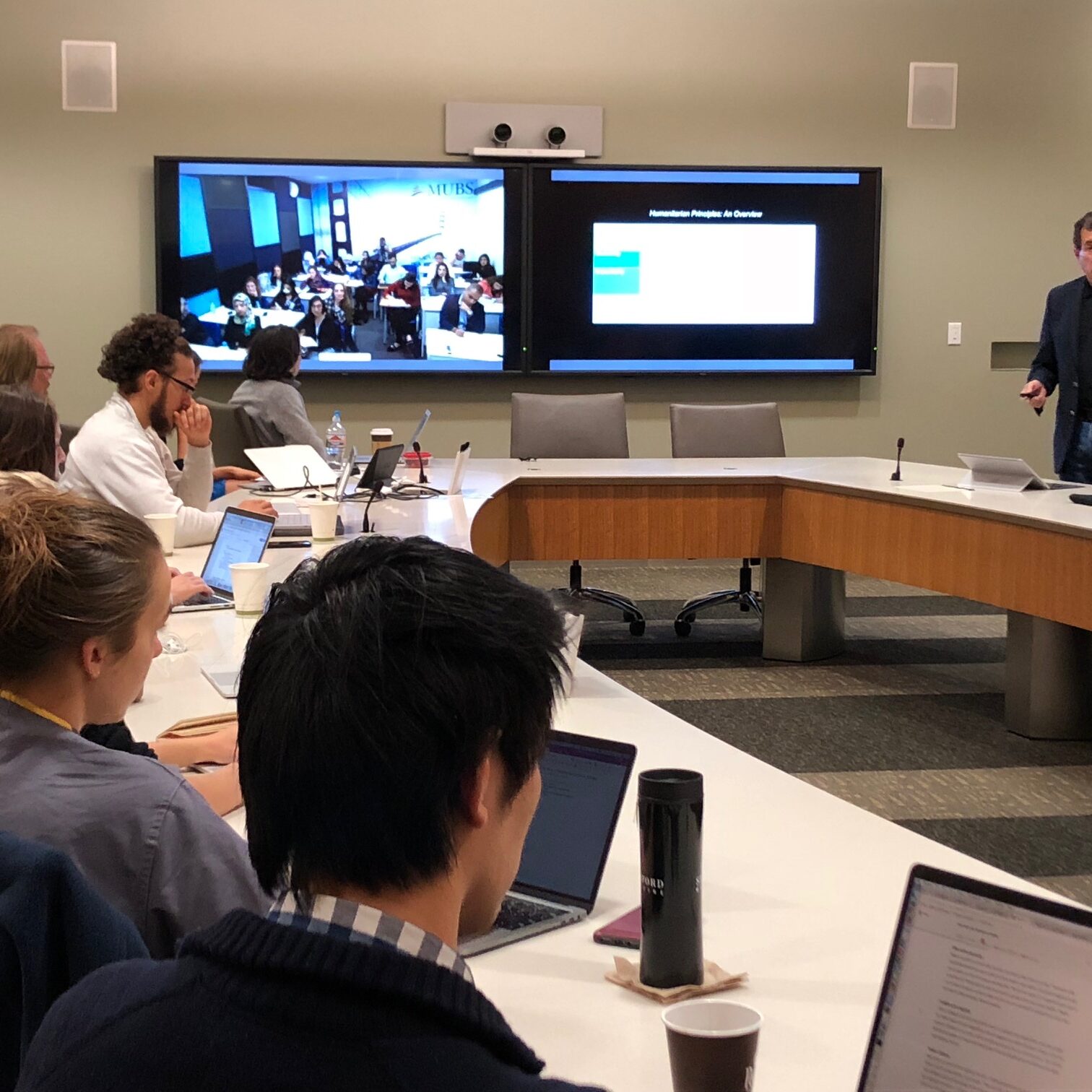
CIGH-Hosted Courses
Explore courses designed or hosted by our center.
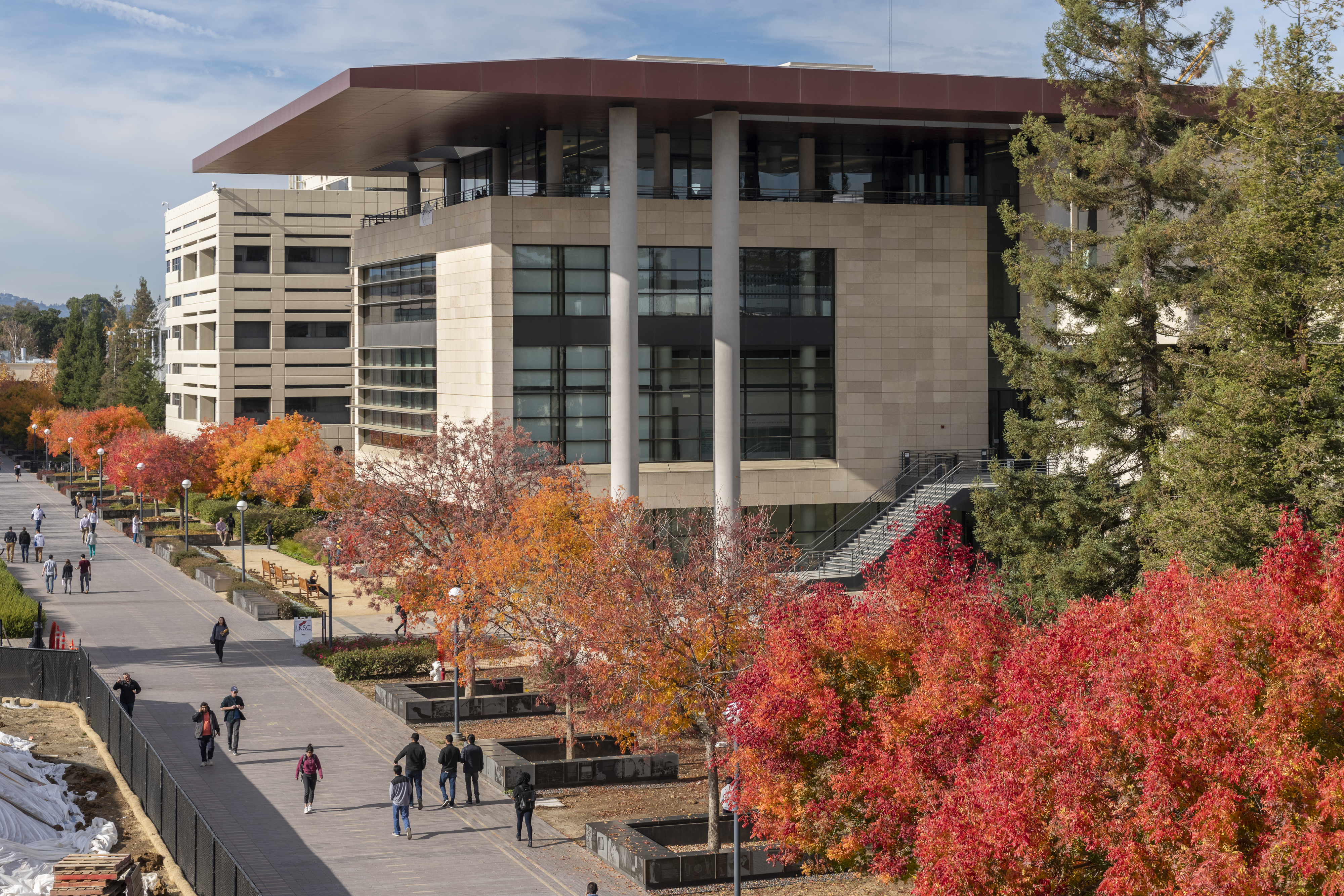
Explore Global Health Courses at Stanford
We’ve compiled dozens of global and planetary health courses offered each quarter at Stanford.

Humbio Minor
This interdisciplinary minor with a sub-track in Global Health introduces students to concepts, challenges, and opportunities in global health.

Scholarly Concentration in Global Health for Med Students
This concentration exposes students to the primary issues in Global Health and offers tools to begin addressing them through hands-on field research.
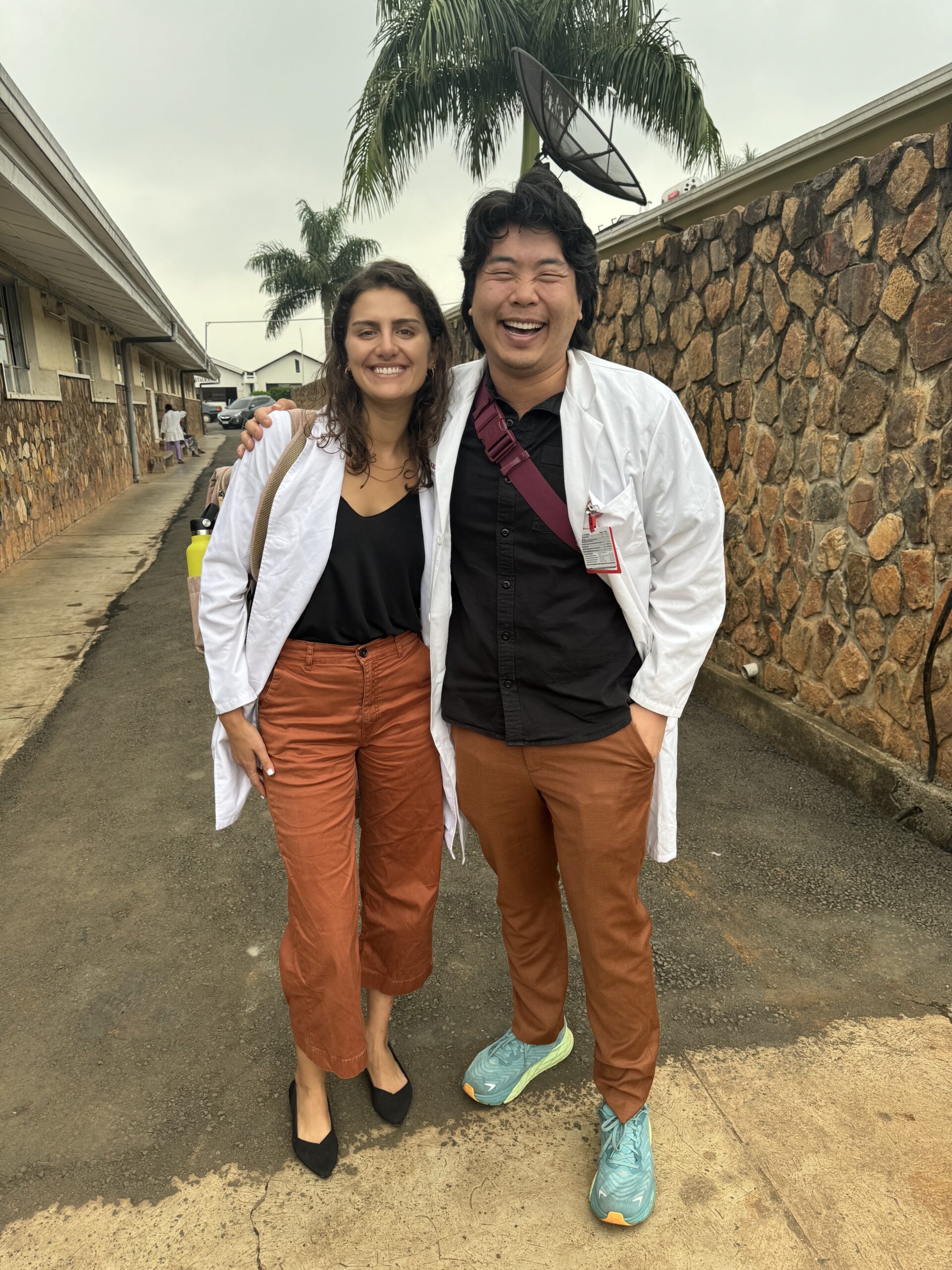
Global Health Track Residency
Stanford’s global health track residency offers customized experience working overseas and one-on-one mentorship with one or more of Stanford’s many Global Health Faculty Fellows.
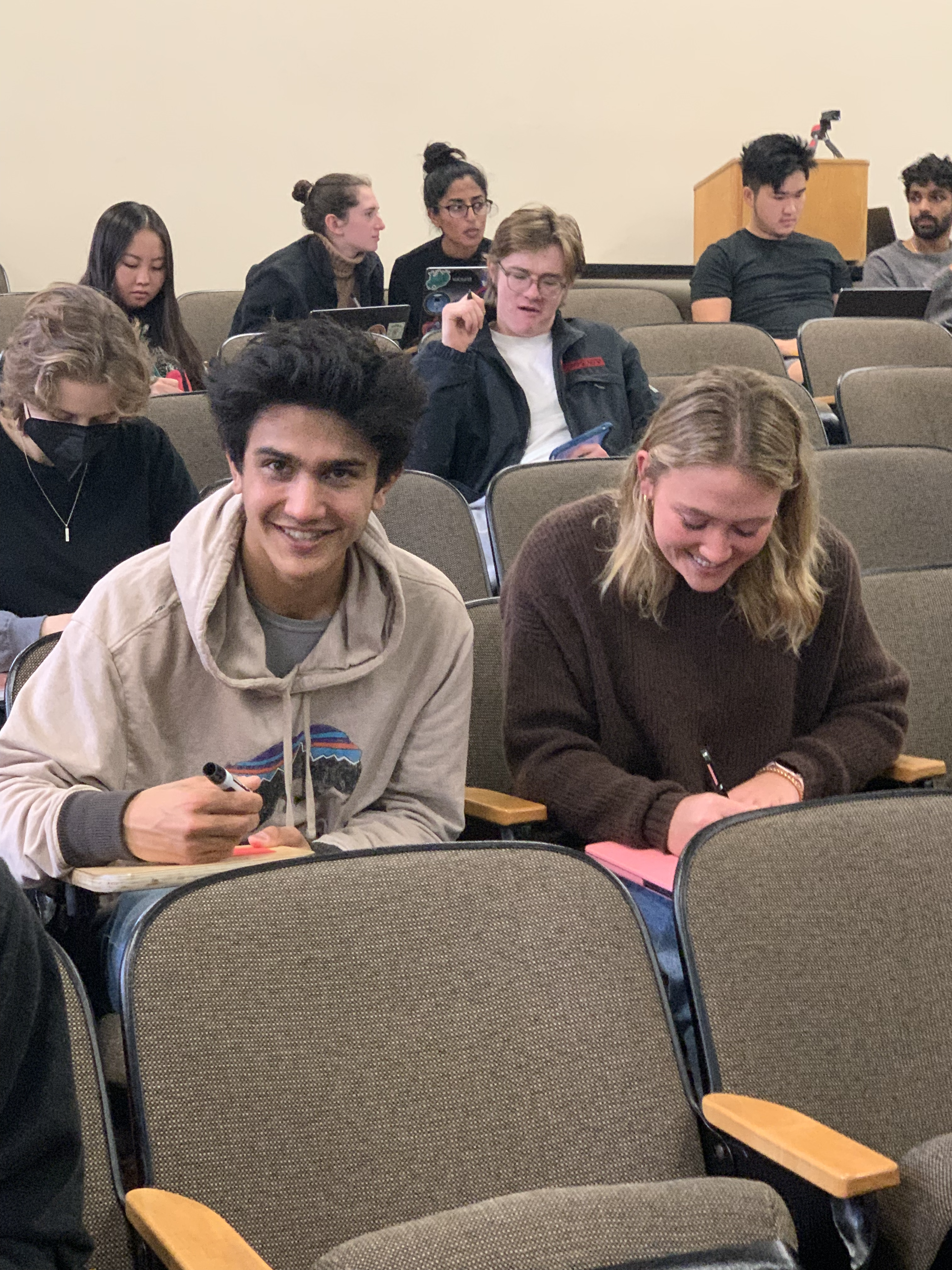
Human & Planetary Health Course LIstings
We curate a list of courses across Stanford’s disciplines that pertain to the health of the planet and the people who call it home.
Continuing Learning Opportunities
We offer numerous continuing learning opportunities for physicians, researchers, and trainees looking to deepen their knowledge, experience, and engagement in global health.

Stanford African Scholars in Global Health
We support mid-career physicians from African countries to travel to Stanford for six weeks, gaining a skill set identified as a need to improve health outcomes at their institution.
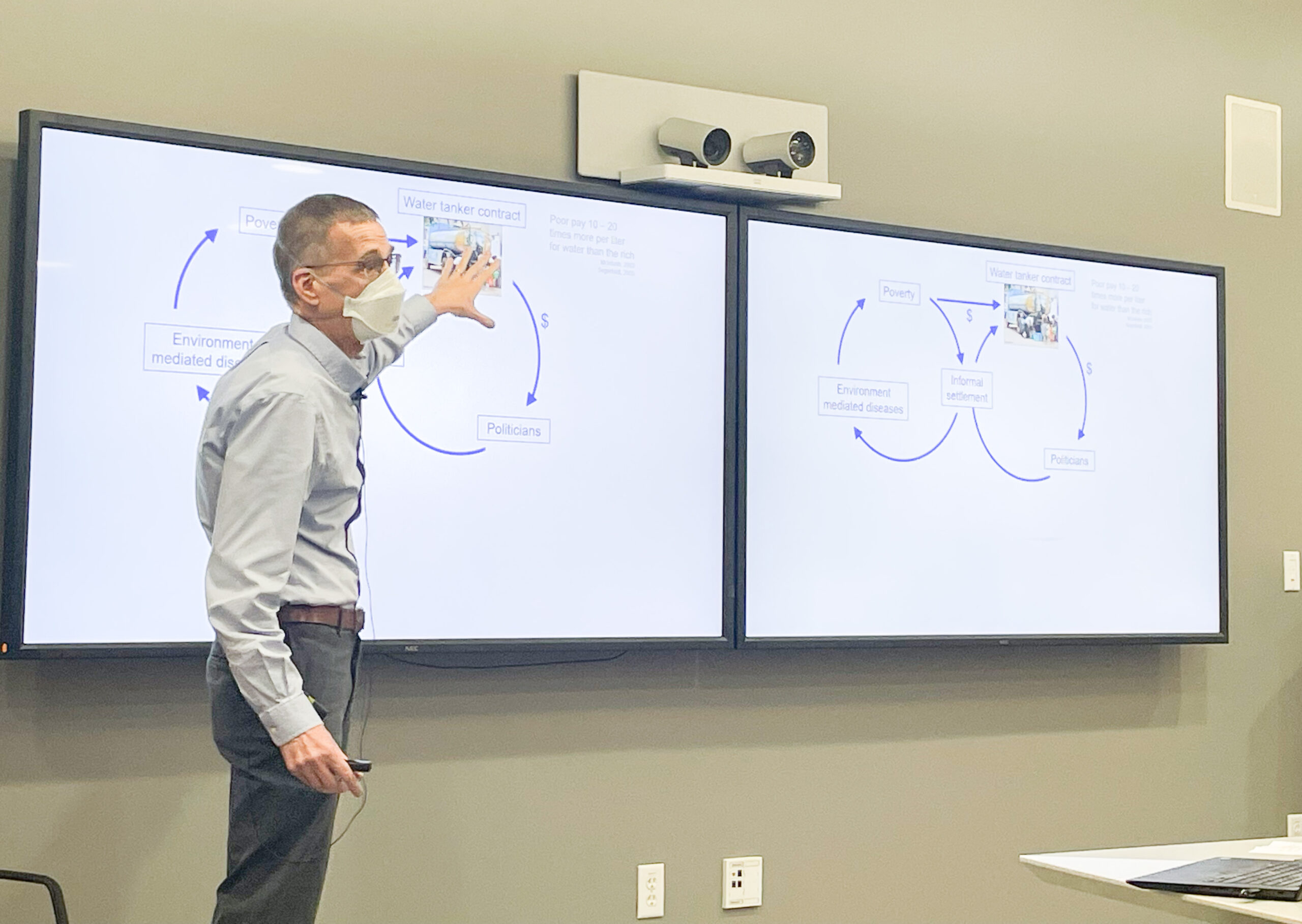
Research Methods Workshop
A two-day intensive seminar devoted to developing research skills applicable to global health.
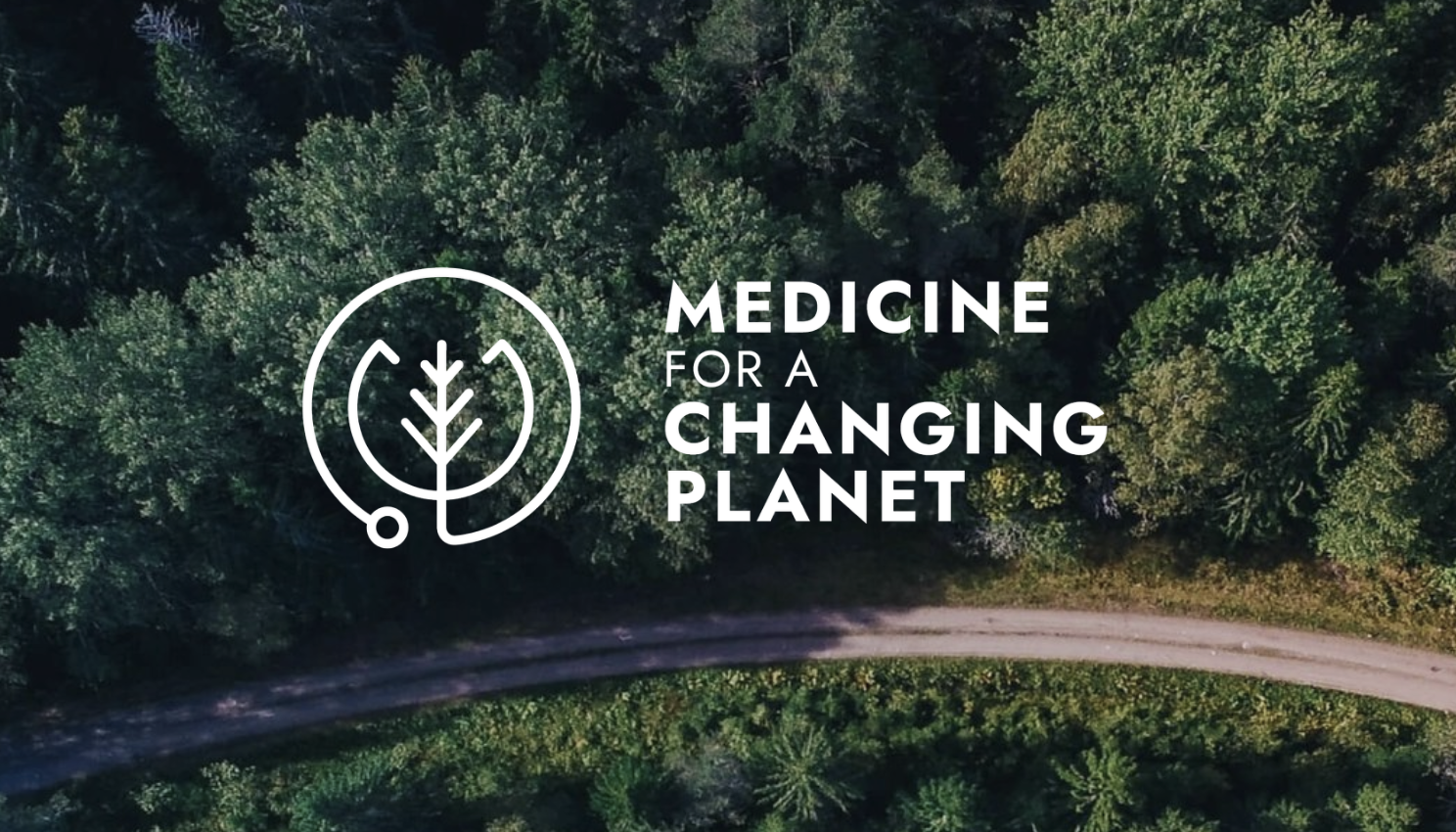
Medical Education for Planetary Health
We have developed and curated resources to support health professionals in taking action for human and planetary health in the clinic and beyond.
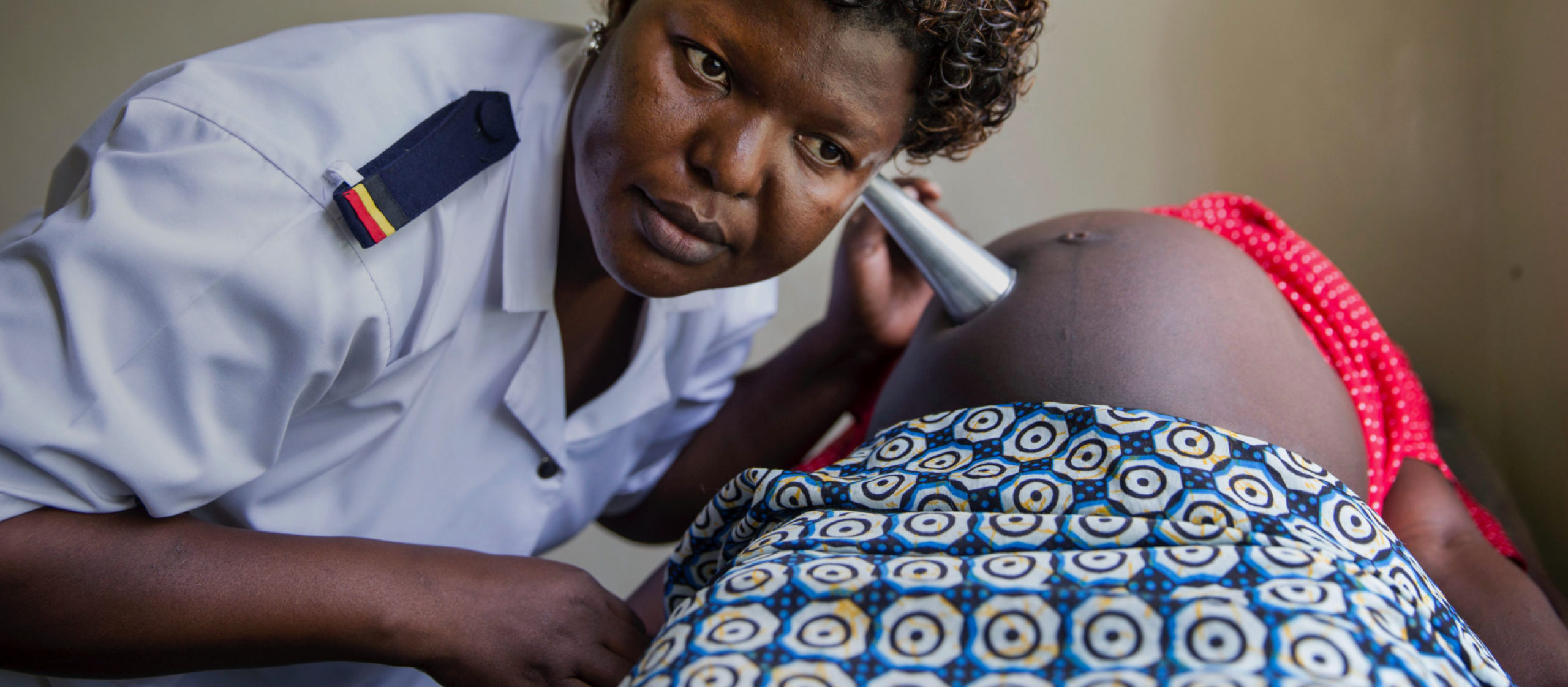
Ethical Challenges in Short-Term Global Health Training
This course introduces some ethical issues that trainees in biomedical research and practice may face in resource-limited settings.
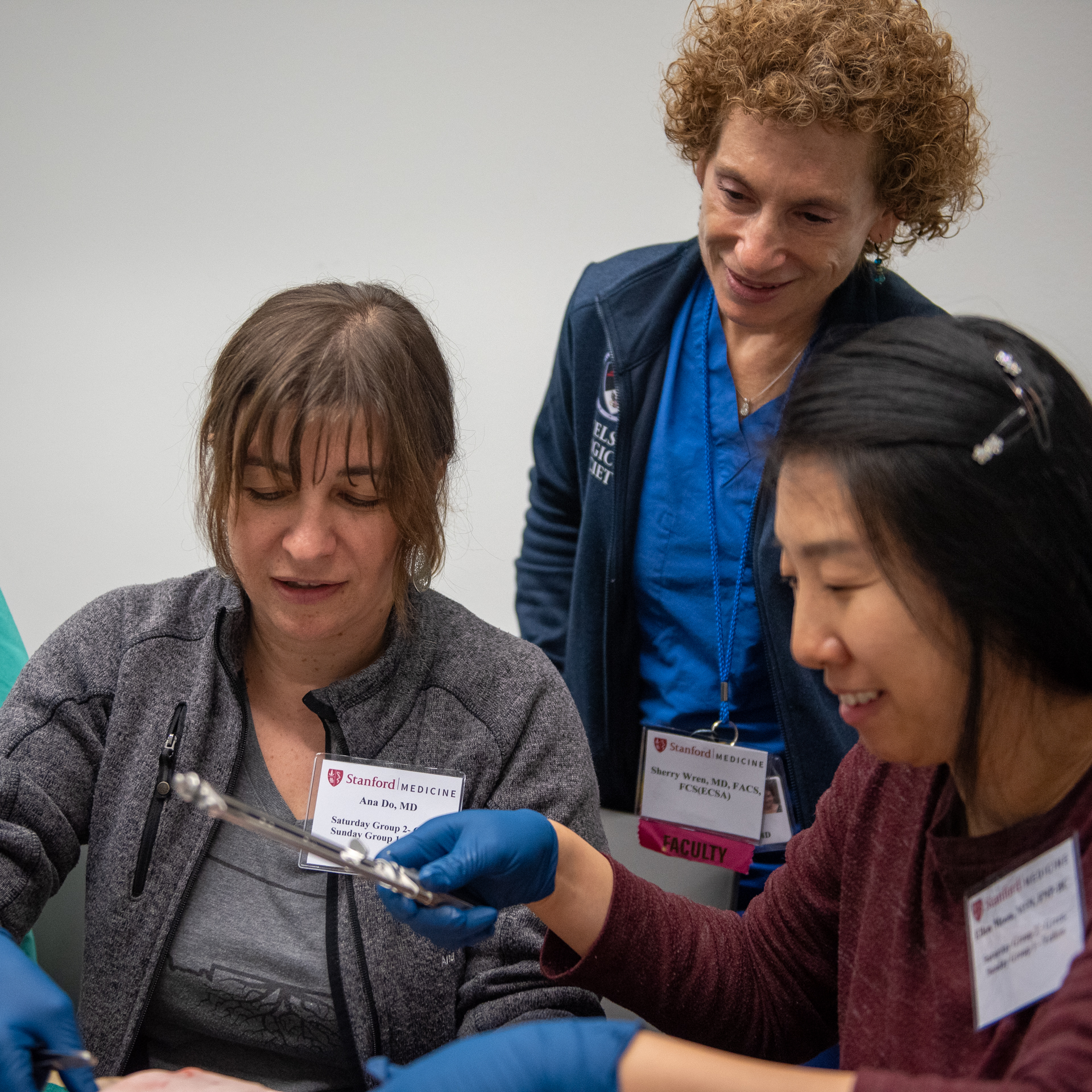
International Humanitarian Surgical Skills Course
This annual CME activity helps prepare the International Humanitarian volunteer for delivering surgical care in low-resource settings.
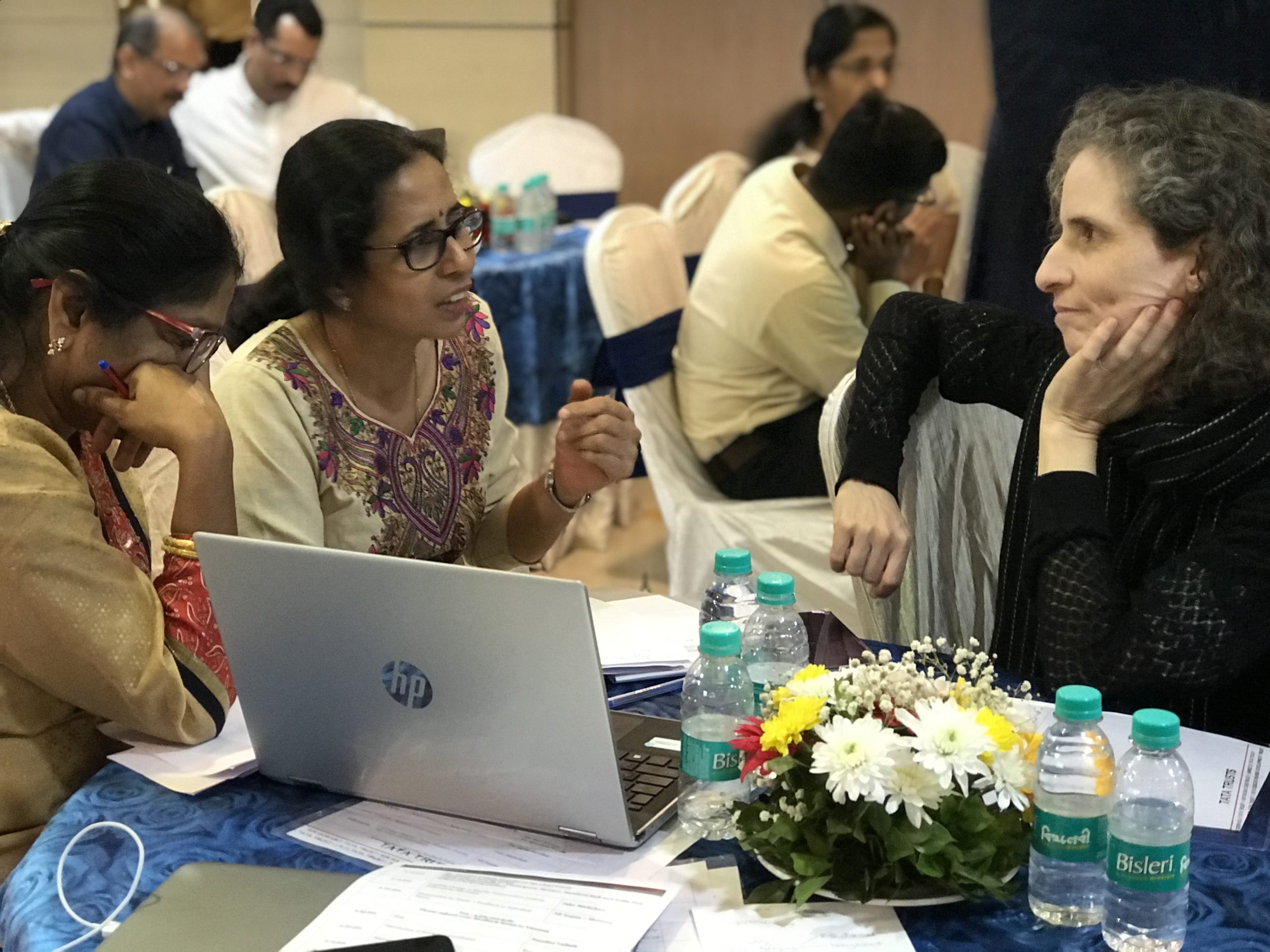
PAICE Global
PAICE Global (Promoting Access, Innovation, and Clinical Effectiveness) partners with medical systems in low-resource environments to grow their knowledge and skills to transform local care delivery processes.
Experiential Education and Clinical Rotations
We offer experiential-based education opportunities, including numerous fellowships and overseas clinical rotations in Africa, Asia, South America, and Indigenous American reservations for residents, clinical trainees, and med students (pediatrics only).
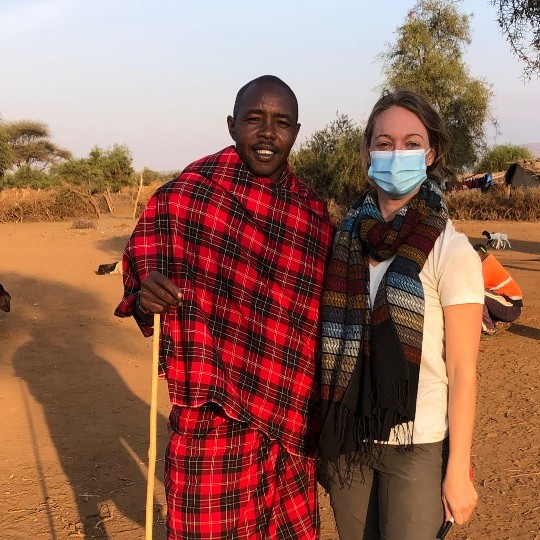
Global Health Equity Scholars
A 12-month, NIH-supported, mentored training in global health research designed to address health inequities and improve population health.
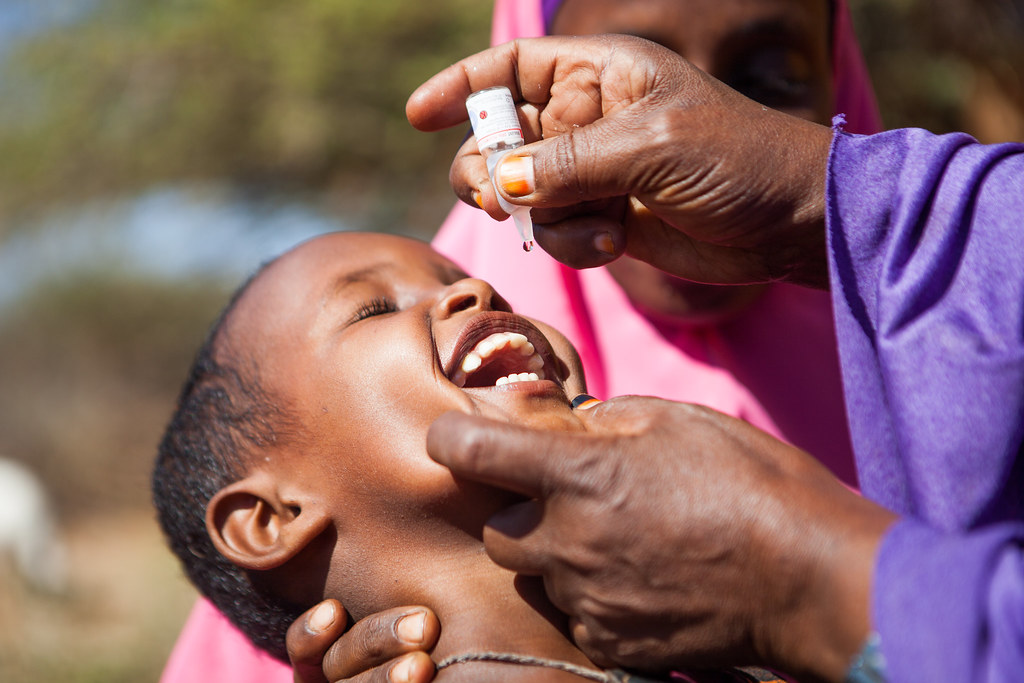
Global Child Health Travel Scholarship
For Stanford School of Medicine pediatric trainees and clinical medical and MSPA students who are committed to improving the quality of life for children around the world.

Global Health Media Fellowship
This year-long fellowship teaches physicians-in-training to use various media channels to advocate and inform on global health issues.
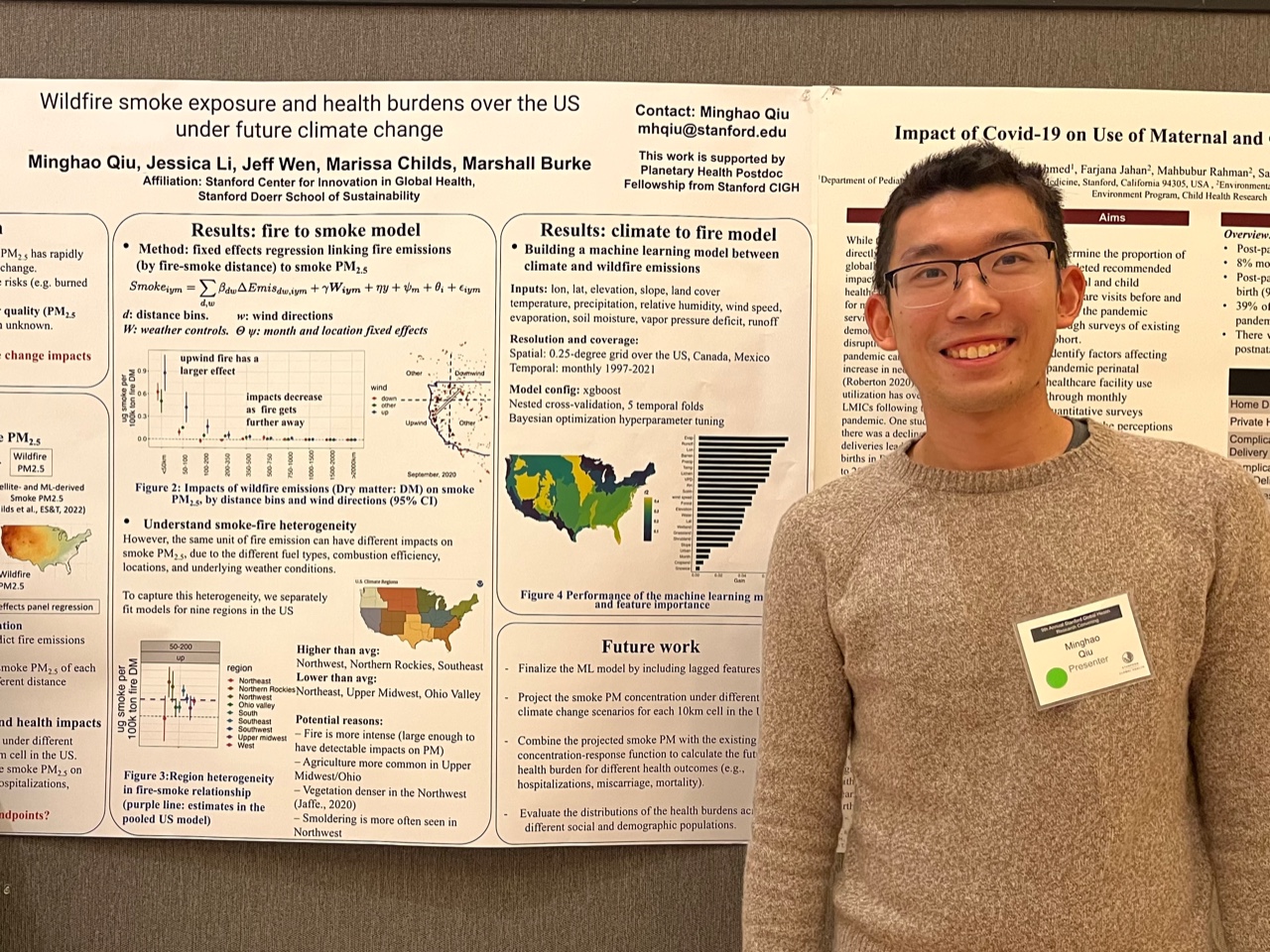
Planetary Health fellowship
This 2-year fellowship supports early-career researchers in conducting mentored research on cutting-edge human & planetary health challenges.
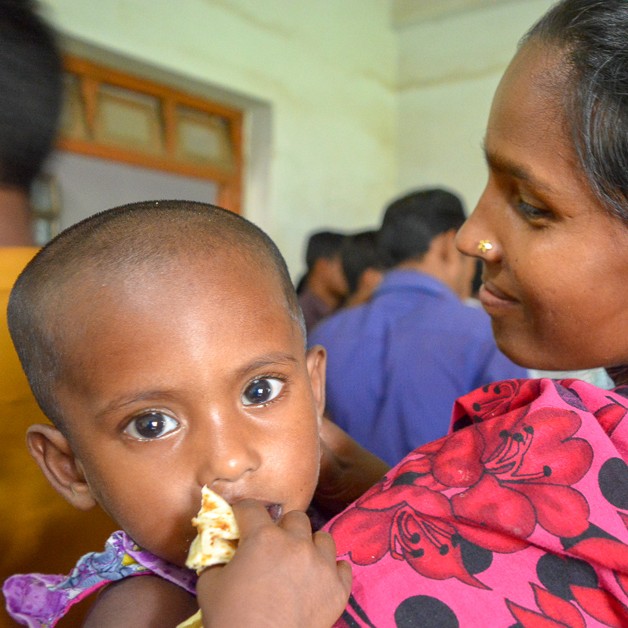
Stanford/Yale Global Health Scholars
This program annually selects residents and career physicians for six-week rotations at one of our mentored sites outside the US.

CIGH Global Scholars
This fellowship supports residents, fellows, and faculty committed to working in overseas settings.
Links & Resources

Pathway to publishing
Access resources to support medical communication, including op-ed writing guidance.

Lane Medical LIbrary
Stanford’s Lane Medical Library offers curated research resources for Global Health and Population Health.

